‘There is a race problem in KC’: Forum talks of obstacles and solutions for the city.
‘There is a race problem in KC’: Forum talks of obstacles and solutions for the city
UPDATED JULY 25, 2022 8:48 AM
The woman in the audience stood and took the microphone to tell her story. She was working at a bank, she told the crowd, and had seen colleagues treat white loan applicants better than Black ones. But at the time, she did not speak out. Then her fellow audience members were asked if they, too had ever seen someone being racist and failed to act. A majority raised their hands. On Saturday, no question or comment was off-limits to the 50 people gathered at a public forum at Community Christian Church. They came to share their thoughts on race and its impact on Kansas City.
They were invited to address “everything people are too afraid to talk about,” according to the flyers by It’s Time 4 Justice and More2, two local social justice groups. A panel of speakers directed the conversation and commended the audience for showing up, calling it a first step in addressing long-standing racism in Kansas City. As the forum got underway, a predominantly white crowd grabbed seats in the church sanctuary and tapped away at their phones, answering survey questions on what they’d hoped to gain and why they came. Interim Police Chief Joseph Mabin was in attendance, as well as Justice Horn, an activist who is running for the Jackson County Legislature, and multiple other local lawmakers. The Rev. Randy Fikki of Unity Southeast sat beside seven other panelists on stage and helped open up the conversation. “There is a race problem in Kansas City,” he said to rousing applause.
Panelist Haile Sims with the Advocacy and Awareness Group in Johnson County shared that he used to think he was doing enough to create a more respectful community by raising a family and educating his kids. But after the death of George Floyd, he needed to do more.
“I was in high school when Rodney King happened, and literally I’m having the same conversations with my children that I was having with my parents almost 30 years ago,” he said. “It’s not getting better. … That’s why I got involved with advocacy.” Panelists Matthew and LaKeisha Moore shared their desire for creating a more inclusive community. The married couple moved to Kansas City’s East Side from New Mexico in late 2020. LaKeisha, who is a Black woman, said marrying Matthew, who is a white man, an avowed former skinhead, introduced her to a new world of perspectives and experiences. “Until you have a relationship with someone with a different perspective than you, it doesn’t hit home,” she said.
Matthew felt the same. On their drive to the metro, they learned about the city’s history of racist housing policies and police targeting Black and brown communities after 1965, when many of the Jim Crow-era laws were changed. He said just driving by the bus stop and seeing only Black people highlighted how racist lending practices pushed the community east of Troost Avenue. Audience members pointed out the lack of money funneled to the East Side. Others referred to Troost as a line they could not cross as kids and felt that it remained a dividing line between Black and white communities.
Another member of the audience asked the crowd why people acknowledge that racism existed in the ’60s but not now. While some pointed to the end of the civil rights movement and others to the election of President Obama, none could pinpoint a time when racism was “eradicated.”
Read more at: https://www.kansascity.com/news/local/article263743813.html#storylink=cpy
